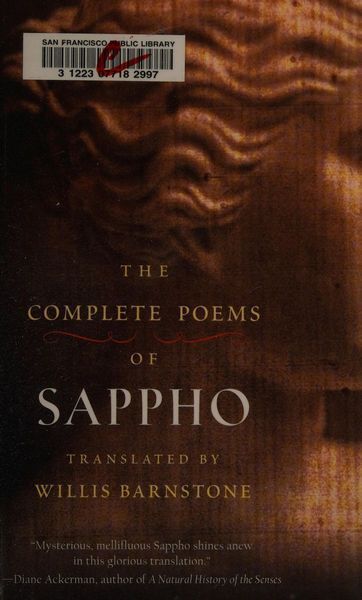
Reviews
Larissa Campos@ssecretgardenss
kait@kaitslibrary
azliana aziz@heartinidleness
Kimberly@kmbrly925
Erin @pagesofmilkandhoney
Anna Yada@annyone
Sara @moonchild9x
Cat Josephson@themorrigan12
Chloe Bostick@strwbrrychlo
Deniz Erkaradağ@denizerkaradag
Archer@spiderkid
Highlights
Larissa Campos@ssecretgardenss
Larissa Campos@ssecretgardenss
Larissa Campos@ssecretgardenss
Larissa Campos@ssecretgardenss
Larissa Campos@ssecretgardenss
Larissa Campos@ssecretgardenss
Larissa Campos@ssecretgardenss
Larissa Campos@ssecretgardenss
Larissa Campos@ssecretgardenss
Larissa Campos@ssecretgardenss
Larissa Campos@ssecretgardenss
Larissa Campos@ssecretgardenss
Larissa Campos@ssecretgardenss
Larissa Campos@ssecretgardenss
Larissa Campos@ssecretgardenss
Larissa Campos@ssecretgardenss
Larissa Campos@ssecretgardenss
Larissa Campos@ssecretgardenss
Larissa Campos@ssecretgardenss
Larissa Campos@ssecretgardenss
Larissa Campos@ssecretgardenss
Larissa Campos@ssecretgardenss
Larissa Campos@ssecretgardenss